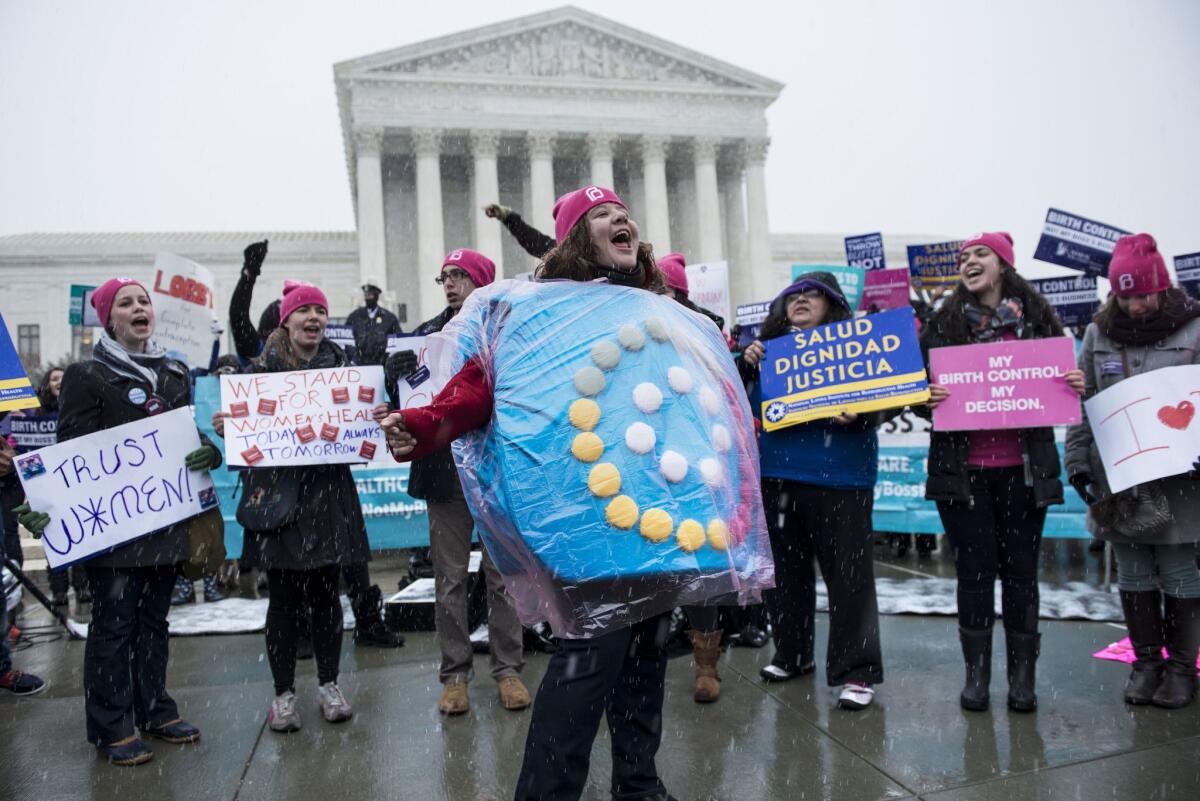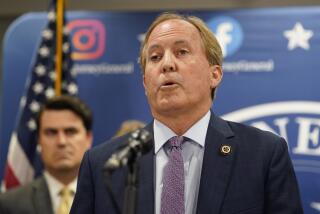Does America have the political maturity for single-payer healthcare?

Responding to my post about how the Supreme Court’s Hobby Lobby ruling demonstrates the necessity of a single-payer healthcare system, Ezra Klein raises the specter of unrestrained political interference in healthcare decisions.
“A Republican-led government could decide that taxpayer dollars shouldn’t be going to cover contraception at all, and then a single-payer system means no one’s insurance covers contraception,” he wrote. This is “one of single-payer’s real problems.”
This is an important issue. Americans gain nothing if they evict insurance bureaucrats from the operating room only to make room for preening politicians.
But experience -- in the U.S. and abroad -- suggests that Klein’s concern is overwrought. It’s based implicitly on three assumptions, none of which is especially telling: (1) that every debate about medical treatments will be politically explosive; (2) that the U.S. political system will be unable to resolve such debates, or will tend to resolve them by favoring the most retrograde choice; and (3) that it’s impossible to inoculate from political interference decisions about what a government-funded healthcare system covers.
But it’s really based on one overarching question: What about abortions?
When people talk about political interference in health and medical affairs, they’re really talking about abortion. That’s the medical procedure that draws the most political fire -- in fact, among mainstream medical procedures, it’s the only one that draws major political fire. Contraception in general is politically noncontroversial -- the court’s Hobby Lobby decision didn’t question its legality, or even its morality, in the least.
Klein acknowledged this through his example of how politics can influence a government healthcare program: He cites Medicaid, which doesn’t cover abortions -- but does cover contraception.
That said, Klein is right when he observed that a system in which the government pays for all medical care “heightens the stakes” in the politics of healthcare.
The first question that needs to be answered about that is whether it’s necessarily bad. Judgments by a government-funded system about what treatments are paid for, and for how much, are at least partially political issues, and politics should play a role in deciding them. There are drawbacks to this, of course, but that just points to the next question: Compared to what?
Before the Affordable Care Act -- and to a great extent still -- those issues were decided by commercial entities, the insurers. Inevitably these decisions have been infected by self-interest. Political discussions, however, will reflect (at least ideally) the preferences of the broad public.
How would that work in the case of contraception? Opinion polls show that contraception has wide public support; what are the chances that Congress would willingly refuse treatment that has solid support and directly affects half the voting population?
The nature of most medical procedures is, in fact, not politically controversial. The only issues are their cost and efficacy. But single-payer systems around the world have developed systems for resolving those issues. As I reported in 2009, Britain’s National Health Service relies in part on the National Institute for Health and Care Excellence, or NICE, which uses a measure known as the quality-adjusted life year, or QALY, to judge the cost-effectiveness of drugs and treatment.
The idea is to gauge the cost of extending a patient’s life by a year, adjusted by the quality of life for that year. NICE assesses drugs and treatments by their cost per QALY; the institute traditionally has endorsed those that cost less than 20,000 pounds sterling per QALY (about $34,000), and has tended to frown on those exceeding 30,000 pounds (about $51,000).
NICE’s role is advisory, and Parliament certainly has the ability to respond to public uproars in favor of a treatment the institute has rejected. But that’s as it should be.
And isn’t it preferable for judgments about the nature and efficacy of medical treatments to be reached publicly, say after congressional hearings, rather than being reached in corporate boardrooms or, even worse, to be based on ignorance and misinformation?
Consider the birth control methods at the heart of the Hobby Lobby case. The ACA mandates 20 contraceptive methods for coverage; Hobby Lobby’s owners objected to four of these because they were what the business owners called “abortifacients” -- drugs or devices that promote abortion.
But medical science says that’s erroneous: The four methods aren’t abortifacients. But the business owners were able to sell their scientifically ignorant assertion to a science-challenged Supreme Court majority. Under a single-payer system, however, that assertion would be judged by the weight of scientific evidence, with experts making their case in public. Which method do you think is more likely to result in a scientifically valid assessment?
This picture of how politics would work in a single-payer regime is, admittedly, idealistic. Emotion and politics will always play a role in a public-funded healthcare system’s judgments. So some safeguard would be needed to moderate the influence of political fashion or public delusion. (Anti-vaccination movement, I’m talking about you.)
Here the ACA shows the way. The act left the decision about what medical services to designate as mandated preventive care to the Department of Health and Human Services. HHS consulted the Institute of Medicine, an arm of the nonprofit National Academies, which proposed the roster of contraceptives and other services. Something like the Institute of Medicine certainly could be put in place to function as an independent, objective arbiter of medical services to be paid for under a single-payer system.
The ultimate question about single-payer in the U.S. really is whether our political system is mature enough to handle it. Can the influence of demagogic politicians be limited? Can Congress keep from meddling in every coverage decision brought before the healthcare program’s administrators?
Those who project their doubts about these questions into the limitless future do so through the prism of today’s partisan disaster in Washington. But that’s not a permanent condition -- sooner or later, the gridlock will have to give, because the public won’t stand for total inaction forever. And single-payer by any reckoning will take years, maybe decades, to enact and implement. That’s more than enough time for the political system to grow out of its current childishness.
More to the point, only a mature system will be able to enact single-payer, so it’s pointless to worry about it being hampered by childishness once it’s in place.
Let’s think again about abortion. There’s no point in worrying that a single-payer program would bar abortion -- the thing to worry about is that the abortion debate will be an obstacle to enacting a single-payer plan at all. So clearly, the abortion issue will have to be resolved first.
Ezra Klein is right. Single-payer does have many virtues, and it does have some problems.
But under our current system post-Hobby Lobby, scientifically uninformed employers can interfere in the medical decisions of thousands of their workers. Obviously, that’s the worst of all possible worlds.
Single-payer’s problems, however, are either resolvable or conjectural, while its virtues are manifest. We should keep our eye on those, and worry about the problems when the time comes.
Keep up to date with The Economy Hub by following @hiltzikm
More to Read
Inside the business of entertainment
The Wide Shot brings you news, analysis and insights on everything from streaming wars to production — and what it all means for the future.
You may occasionally receive promotional content from the Los Angeles Times.











